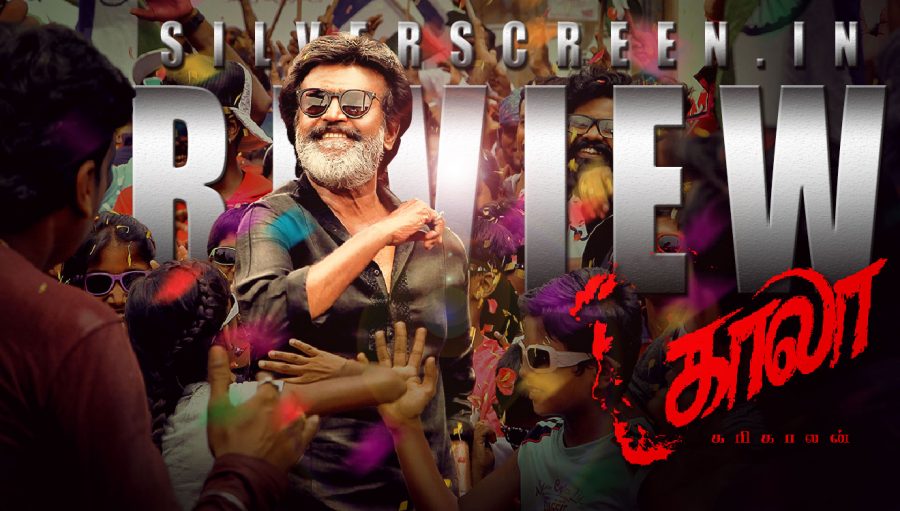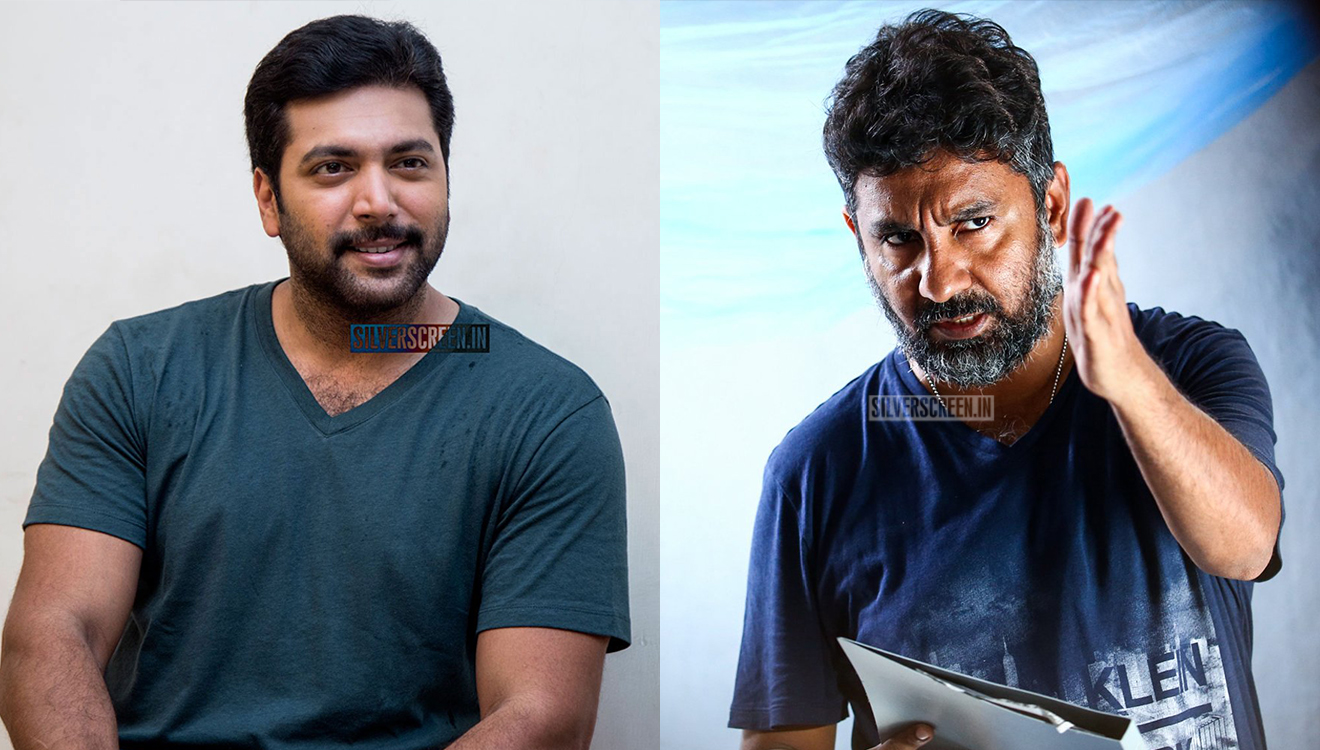Kaala begins with an animated introduction to how land ownership is synonymous with power, but Kaala really begins when the residents of Dharavi, the Mumbai slum with a predominantly Tamil population, gather to protest at Dhobi Ghat.
A corporate entity wants to rebuild the slum for profit, and the area where Dharavi’s residents wash their clothes is its first target. Like the rest of the movie, it is a brilliantly conceived sequence – a conflict shot through droplets of water rising from the beating of clothes. The residents raise slogans against the government and the police, and the situation soon escalates into violence, instigated by those in power. It takes a few blows and some choice pro-people lines from the local don Kaala (played by Rajinikanth) to end the conflict.
Kaala could well be talking to Rajinikanth the person here, educating him on why protests are an important part of our social fabric and why protesting against authority does not make you anti-social. There is irony in this, but also clarity: this is director Pa Ranjith’s film, not Rajinikanth’s.
*****
Water is a constant motif throughout Kaala. Water from clothes being washed, water from lorries, the cutting off of water as a weapon. Water gushing out from a beaten man’s mouth. And then, the rains. Not the stylised rain of Mani Ratnam, dousing lovers on command. This is the rain of the earth, the rain of the slum, the rain that children revel in and grown-ups carry umbrellas for.
Kaala is Ranjith’s coming of age as a filmmaker. He is in complete control of a script that is right up his alley, a politically-charged tale on the struggle of the oppressed. The casting and the performances are spot-on, with Rajinikanth standing out as an ageing protector of his people, a man whose violence is often the only thing standing between those in power and a vulnerable people. There is no better actor than Rajinikanth in Tamil cinema today, and Kaala is one of his best recent performances. The actor has lately let his stardom come in the way of his acting prowess, and Ranjith’s Kabali and Kaala have done much to bring the performer out from hiding.
The strong women characters – a Ranjith staple by now – duly make an appearance, headlined by the magnificent Eswari Rao as Kaala’s wife. When Huma Qureshi – who plays Kaala’s former lover Zareena with quiet dignity – reappears in his life, Eswari is outstanding as she flits from angst to neediness; from calm to jumpy self-doubt. Kaala is thrilled to see Zareena, but he is also sure where his loyalties lie. The interactions are funny and awkward, and make you a little uncomfortable: they hit exactly the right note. The supporting cast, with Samuthirakani as the perennially-drunk sidekick and Anjali Patil as a fearless firebrand are effective foils for the leads; and Ranjith’s stable of Tamil men and women complete a cast that elevates the movie.
*****
Comparisons are bound to be drawn between Kaala and Mani Ratnam’s Godfather-inspired Nayagan; both were set in Mumbai and both had a benevolent gangster as protagonist. But the similarities end there: Ratnam’s was a stylised slum where it felt like people went home to sleep in air-conditioned rooms after dancing in the rain. In Ranjith’s Dharavi, women complain about not having the privacy for sex; they laugh about meeting their spouses at the communal toilet. Ranjith’s Dharavi is real; Ratnam’s Dharavi is a prop.
*****
Ranjith writes (he shares credits with Aadhavan Dheetchanya and Maginan for the dialogues) the way he usually does: he sets up a conflict around the struggle of the oppressed, and uses the backdrop and thinly-veiled allusions to tell us who the oppressed are. The housing board in Madras; the Malaysian Tamil community in Kabali; and the Tamils of Dharavi in Kaala. He does not bring up the Dalit movement explicitly; he does not need to. Ranjith’s scripts don’t follow a traditional arc; for him, the backdrop and the identity of the people in the conflict are more important than the conflict itself. So it is with Kaala.
Kaala takes on special significance due to the political atmosphere in India. The overtly religious villain (played by Nana Patekar) speaks in allegories about Rama and Raavana, characters from the Ramayana. He supports a “Pure Mumbai” movement; and wears all white to Kaala’s black. He calls people who don’t support his movement to clean the slums anti-national, and billboards around town claim that he is a “patriot”. Casting Rajinikanth for a script such as this was a smart move at many levels; in addition to being a wonderful actor, he also has the image to take the message home to the masses.
*****
Santhosh Narayanan’s music follows the trail the composer blazed in Kabali,
*****
Recommended
During the closing sequences in the movie, Nana Patekar’s villain performs a puja at home where a priest narrates the story of the Ramayana. Patekar imagines himself to be Rama, and Rajinikanth as Raavana. In Valmiki’s Ramayana, Rama is the white to Raavana’s black – the hero and villain. But in South India, Raavanan is not far from being a hero. Ranjith plays on the sentiment, setting up a stunt as the priest narrates the story. It is a remarkable piece of filmmaking.
It is followed by a stampede where everyone is Kaala and nobody is Kaala. The screen is filled with colours; the audio is loud; the villains are scared. This is a people’s movement, Ranjith seems to want to say.
*****
Kaala is the type of politician we want Rajinikanth to be in real life; and Kaala is the type of film we want Ranjith to make again. And again.
The Kaala review is a Silverscreen original article. It was not paid for or commissioned by anyone associated with the movie. Silverscreen.in and its writers do not have any commercial relationship with movies that are reviewed on the site.



